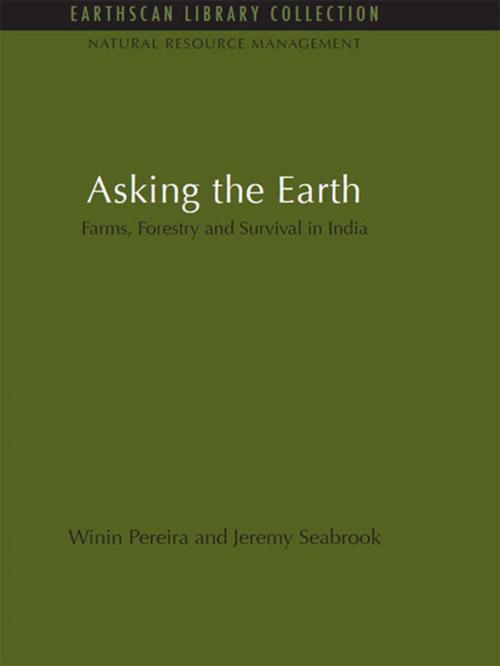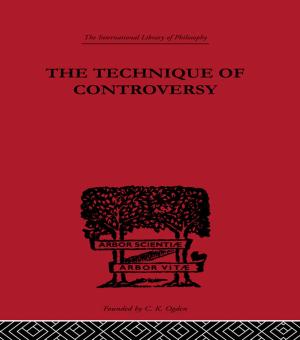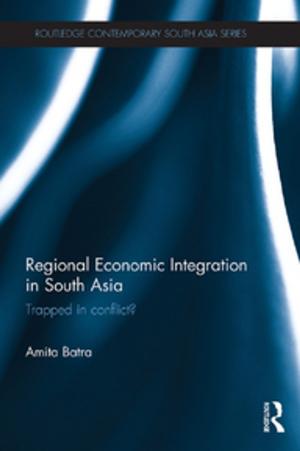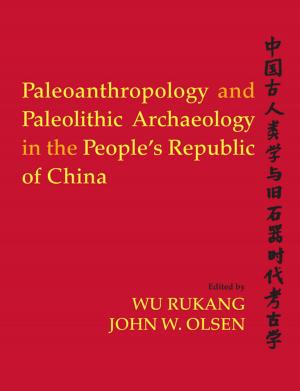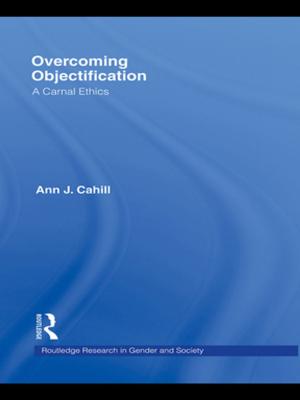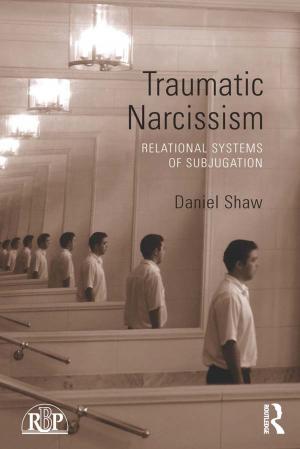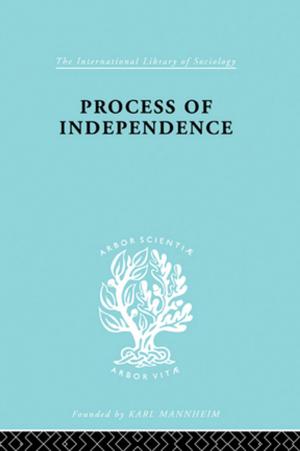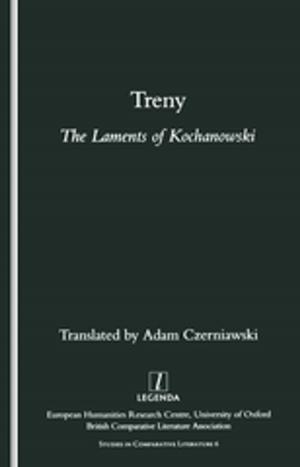Asking the Earth
Farms, Forestry and Survival in India
Nonfiction, Reference & Language, Law, Natural Resources| Author: | Winin Pereira, Jeremy Seabrook | ISBN: | 9781134062539 |
| Publisher: | Taylor and Francis | Publication: | November 5, 2013 |
| Imprint: | Routledge | Language: | English |
| Author: | Winin Pereira, Jeremy Seabrook |
| ISBN: | 9781134062539 |
| Publisher: | Taylor and Francis |
| Publication: | November 5, 2013 |
| Imprint: | Routledge |
| Language: | English |
The need to produce food without the destructive chemical horrors of much modern farming, for an intelligent use of dwindling natural resources and for humane forms of production is universal, the practice is limited.
This book is an account of one, large, instance of success in practice. Twenty-five years ago, Winin Pereira, a nuclear physicist abandoned academia to start a co-operative farm at Alonde in a tribal area north of Bombay. The group experienced, and finally discarded, all the false hopes and promises of Western originated forms of development: ploughs that ploughed too deep, irrigation systems that lowered water tables, fertilizers and pesticides which managed the earth and became so expensive that poorer farmers were dispossessed. Instead they learnt from the adivasai, or tribal people, who have nurtured or been nurtured by foresets for millennia, ways of applying popular knowledge to contemporary problems. This book is a combination of Pereira's record of achievement of sustainable livelihoods and an account of the farm and its effect on the India around it by a leading British journalist. Originally published in 1991
The need to produce food without the destructive chemical horrors of much modern farming, for an intelligent use of dwindling natural resources and for humane forms of production is universal, the practice is limited.
This book is an account of one, large, instance of success in practice. Twenty-five years ago, Winin Pereira, a nuclear physicist abandoned academia to start a co-operative farm at Alonde in a tribal area north of Bombay. The group experienced, and finally discarded, all the false hopes and promises of Western originated forms of development: ploughs that ploughed too deep, irrigation systems that lowered water tables, fertilizers and pesticides which managed the earth and became so expensive that poorer farmers were dispossessed. Instead they learnt from the adivasai, or tribal people, who have nurtured or been nurtured by foresets for millennia, ways of applying popular knowledge to contemporary problems. This book is a combination of Pereira's record of achievement of sustainable livelihoods and an account of the farm and its effect on the India around it by a leading British journalist. Originally published in 1991
